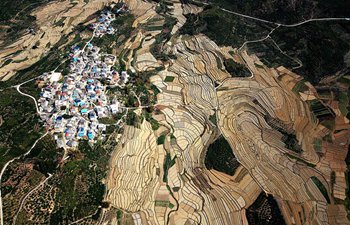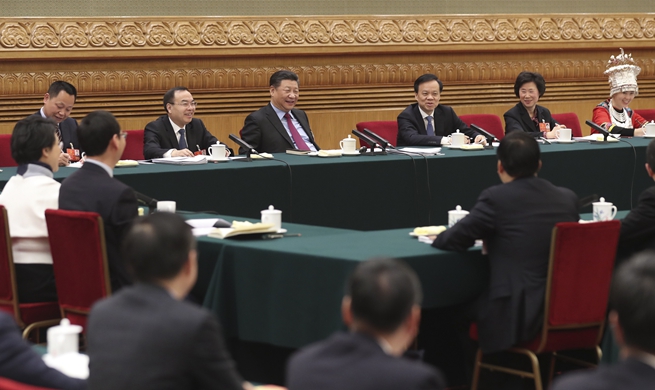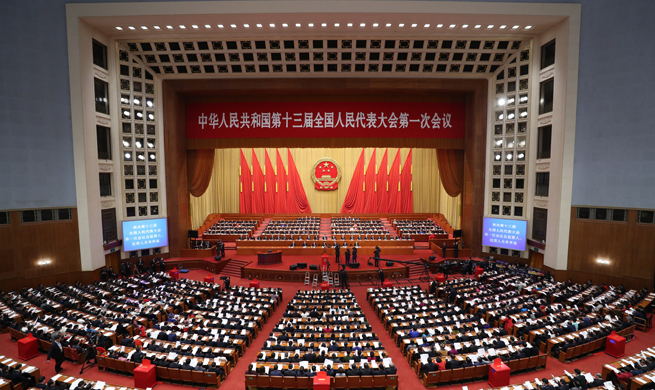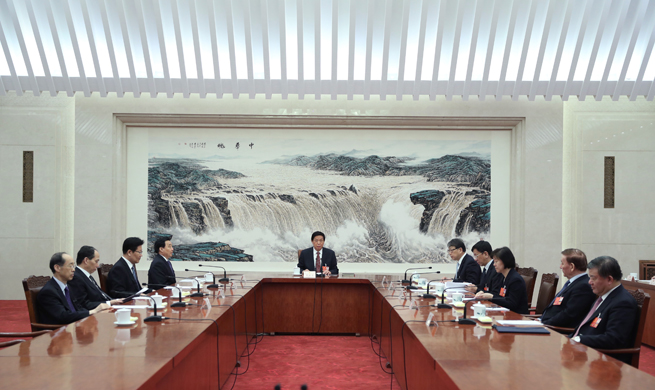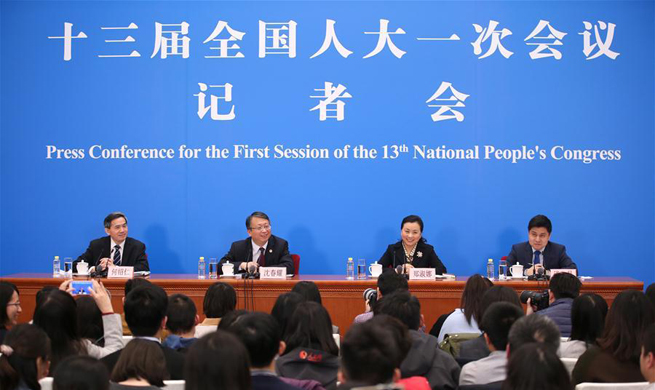CAIRO, March 11 (Xinhua) -- Egypt's exports to Turkey rose by 38.5 percent to near 2 billion U.S. dollars, while its imports from Turkey declined by 13.7 percent in 2017, the Egyptian minister of trade and industry said Sunday.
"Egypt's exports to Turkey achieved an unprecedented growth last year, amounting to 1.998 billion dollars compared with 1.443 billion dollars in 2016," said Tarek Kabil in a statement.
The minister pointed out that Turkey is the second largest importer of Egypt after the United Arab Emirates.
The growth in trade cooperation comes amid tense political ties between Egypt and Turkey over the past few years after the Egyptian army ousted former Islamist President Mohamed Morsi in July 2013 in response to mass protests against his one-year rule.
Turkish President Recep Tayyip Erdogan supported Morsi and currently outlawed Muslim Brotherhood group, while Egyptian President Abdel-Fattah al-Sisi, who led Morsi's ouster as the army chief then, labels the Brotherhood as a terrorist organization and the states supporting the group as pro-terrorism.
Basant Fahmy, member of the parliament's economic committee, said that Egypt and Turkey managed to separate between their economic and political ties.
"The development in Egyptian-Turkish economic relations is an evidence that the two countries are moving forward practically and in a civilized way in this regard," the lawmaker told Xinhua, adding that it is hazardous to mix political affairs with economic ones.
In mid-January, an Egyptian official report said that the country's non-oil exports increased by 9 percent to exceed 21 billion dollars in 2017 compared with 19.3 billion dollars in 2016.
"The rise of Egypt's exports and the decline of its imports are attributed to the Egyptian new monetary policies that focuses on supporting production," Fahmy told Xinhua, stressing that Egypt's local currency liberalization increased the competitiveness of Egyptian products.
Egypt has been suffering economic recession over the past few years of political instability and relevant security challenges.
To boost economy, Egypt started in late 2016 with full local currency floatation as an initial step of a strict three-year economic reform program based on austerity measures, fuel and energy subsidy cuts and tax hikes.
Egypt's reform plan has been encouraged by a 12-billion-dollar loan from the International Monetary Fund, half of which has already been delivered to the most populous Arab country.




